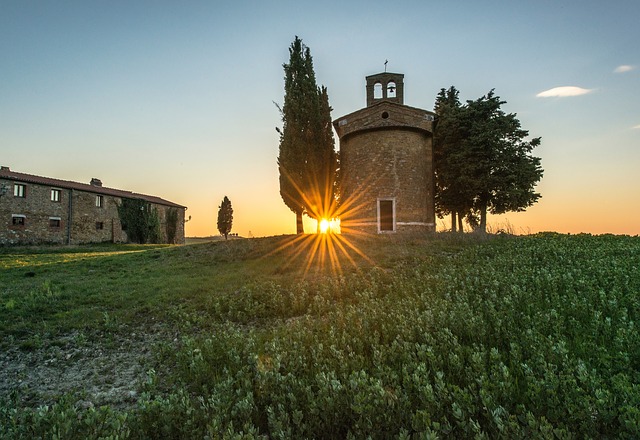
Some friends and I are beginning to plan a multi-day seminar on Christian humanism to be given to a group of scholar-teachers from across the country next spring. As we consider themes that might prove both interesting and helpful to such a group, I’ve framed some elements (still well short of an outline) as follows:
Nascent learning outcomes
- Definitions: What, simply defined, is Christian humanism (hereafter, “CH”)?
- Warrants
- Scriptural warrants: What are some key scriptural foundations of CH?
- Doctrinal warrants: In what key Christian doctrines has CH been grounded?
- Chronological scope, depth in the tradition: How has CH been present and active in all periods of Christian history?
- Patristic roots and forms: How were the Church Fathers Christian humanists?
- Medieval roots and forms: How were the scholastics and renaissance thinkers Christian humanists?
- Reformation roots and forms: How were the Reformers Christian humanists?
- 20th century: CH as a tradition reclaimed during times of crisis: What social circumstances and intellectual contexts led WW II – era thinkers to attempt to reclaim facets of CH for their time? Are there parallels between the crisis of that era (to which some thinkers responded by looking to re-excavate CH) and our own moment of multifaceted crisis?
- 21st century: Application today: If CH is appropriately considered as a “crisis philosophy” that has something to say to our moment, then do we need to recapture CH today – particularly in contemporary North American culture?









 Medieval Wisdom for Modern Christians
Medieval Wisdom for Modern Christians






